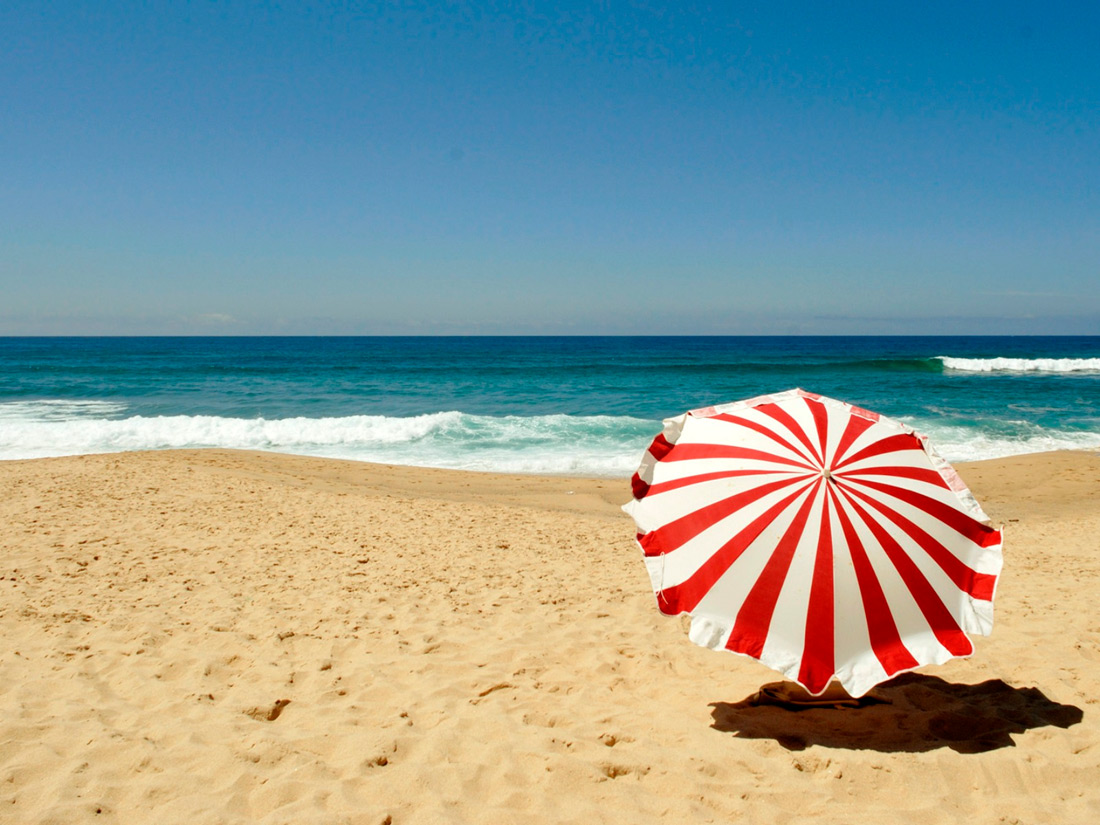The scorching heat of summer, especially in tropical regions is cause for innumerable skin related ailments. Due to profuse sweating and constant itching, the skin develops a higher propensity for rashes, heat boils or other types of infections. Some of them stem from allergic reactions and others are formed due to prolonged contact with the sun. Thus, infections and their consequential remedies must come in handy during such a season. Here, we have discussed the most common types of skin diseases in summer and subsequent tips to mitigate them.
- Rashes: Rashes occur under hot or humid weather conditions and are caused due to blocked sweat ducts. Folds of the skin or other areas of the body that are often abraded by clothes are most prone to rashes. Rashes can emerge as boils, blisters or slight swells in various parts of the body.
Battle it: Generally, rashes disappear without any external medication in the course of four days or a week. Pay higher attention to personal hygiene and use an anti-bacterial dusting powder on the infected area. However, as a precautionary measure wear light and breathable clothing so that sweat can evaporate without irritating the skin. Avoid using creams, foundation or other cosmetic products that can block sweat ducts. If the rash still persists, consult a doctor for prescriptive medication. - Hives: Hives, also known as Urticaria is one of the most common skin ailments in India with millions of cases reported each year. Apart from allergens acquired via medication or food habits, hives can be caused by persistent perspiration and excess heat. They are swollen red welts with clearly defined edges that can spread to small or large areas of the body.
Battle it: Hives heal by themselves in a few days. However, if they do linger, take a mild dose of antihistamine, an over-the-counter (OTC) medicine for instant relief. In rare cases when the hives recur, consult a doctor immediately to check for chronic hives. - Folliculitis: Folliculitis is a skin ailment in which hair follicles on the body get inflamed or reddened due to adverse reactions with external bacteria, yeast or fungi. It commonly occurs in the beard area, arms, legs, back, buttocks and stomach.
Battle it: Avoid shaving or rubbing the skin too much in case of damaged hair follicles. Remove sweaty clothing or take a shower immediately after a workout and avoid wearing tight clothes in summer. Ensure periodic cleanliness of your bathtub or swimming pool since Folliculitis can be caused by contact with water that is not properly treated or chlorinated. Avoid substances that block hair follicles such as cosmetics, cocoa butter, motor oil, tar, etc.
- Athlete’s foot: Athlete’s foot, also termed as Tinea Pedis is a fungal infection that affects the feet, toes and sometimes the hands. It is contagious in nature and occurs commonly in athletes or people who walk barefoot to contaminated public places. This infection is characterized by cracking, flaking and peeling of the skin in between the toes, in addition to oozing blisters.
Battle it: OTC antifungal creams or ointments can be quick treatments apart from other home remedies such as garlic, neem oil, cornstarch, and others. However, if the symptoms do not vanish, and/or if you have Diabetes or low immunity, consult a doctor for further medical examination.
- Swimmer’s itch: Swimmer’s itch, also called clam digger’s itch occurs due to direct contact with mucky or infested water in lakes, rivers, and oceans. This ailment occurs due to minuscule parasites that burrow into the skin causing red itchy spots on the areas exposed to water. If neglected, they can grow into raised welts or blisters that are extremely itchy. Children swimming or wading in shallow and warm waters are usually susceptible to it.
Battle it: Stay out of infested water; check for a board or a sign that forewarns you about infestation and its swimming conditions. Look for the same before swimming in unknown water bodies. Rub your skin with a towel immediately after you get out of the water, since these parasites settle into your skin only after the water evaporates.
- Yeast infection: Many women suffer from yeast infection in a humid climate, since the naturally moist area of the vagina becomes prone to fungal infections during the hot weather. The fungus called Candida Albicans lives in warm and moist areas of the body such as mouth, gastrointestinal tracts, vagina, etc. However, due to intake of antibiotics, birth control pills or other conditions such as menstruation, pregnancy, HIV or diabetes, the fungal balance is lost resulting in a yeast infection called Candidiasis.
Battle it: OTC medicines can provide relief in most cases. However, since the bacterial and fungal infections of the vagina display similar symptoms, visiting a gynecologist is highly recommended. Usually, a three-day course of anti-fungal cream would be prescribed, after which follow-ups and check-ups are advisable on a bimonthly basis.
Summer is a season to take a break, but not a season of neglect. Go on adventures and have a blast, but let this list of skin care tips be your on-the-go travel companion. Drink loads of water and keep yourself hydrated to avoid dizziness or other conditions that could lead to an emergency. In case of any further complications, don’t forget to call Ziqitza Health Care Limited for quick, efficient and world-class emergency healthcare services.



